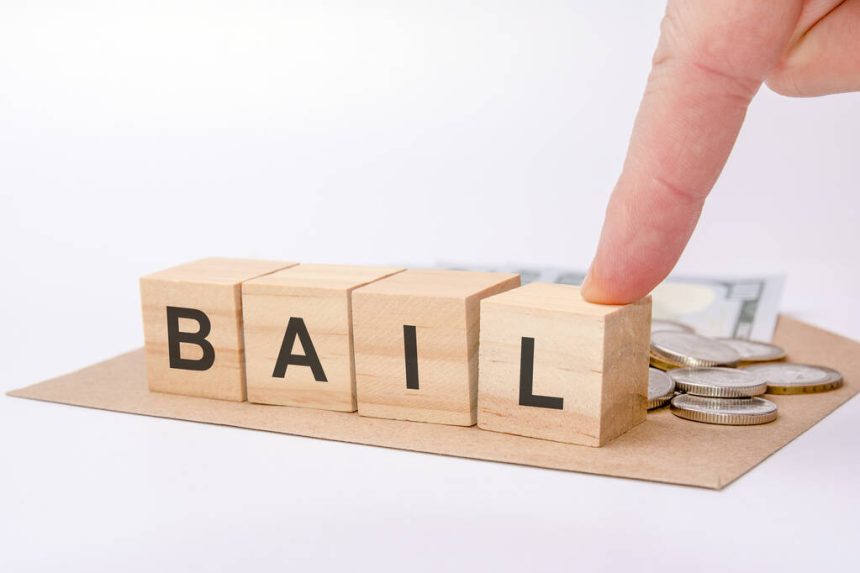The justice system has established bail bonds to keep defendants out of jail as they await trial and depopulate detention centers. It helps to understand the intricacies of the bail bond process when faced with a bail ruling. Here is more information on the costs, collateral requirements, and timelines associated with the bail bond process:
Bail Bond Costs
Courts often ask for a high bail amount to deter crime. If you cannot afford to post bail, you can secure the services of a bail bondsman to post bail on your behalf. You must pay a bail bonds agent a percentage of the total bail amount as service fees. Some agencies charge additional fees for transportation to court hearings and administrative work like filing your paperwork. It helps to get a detailed breakdown of all the fees a bail bondsman charges to avoid hidden costs. The fees paid to a bail bond agency are non-refundable regardless of the case outcome.
Different states and bail bond agencies may have varying regulations regarding bail bond fee percentages. It helps to understand your state’s laws and the policies of your preferred bail bond agency. Some bail bond agencies offer payment plans if you cannot pay their fee upfront. These payment plans often have interest charges.
Bail Bond Collateral Requirements
Some bail bond agencies ask you to provide collateral equal to the bail amount if you cannot pay their fee or have a low credit score. Collateral serves as security for the bondsman, particularly when the defendant poses a high flight risk. Common forms of collateral include vehicles, real estate, and valuables like jewelry or machinery.
Bail bond agencies must assess the value of any property surrendered as collateral before posting bail on your behalf. The time it takes to assess the value of collateral may cause delays in the bail bond process. If you fail to appear in court, your bail bondsman can sell your collateral to recover their bail money. Communicate your concerns about the collateral requirements with the bail bond agency before handing over your property.
Bail Bond Timeline
The bail bond process begins when you or somebody representing you contacts a bondsman. The bondsman assesses your case and gathers information about you, such as your criminal history and financial situation. This information helps the bail bond agent assess the risk of posting your bail. If the bail bond agent deems the risk of taking you on reasonable, they begin the bail bond process.
The timeline for the bail bond process depends on the court’s workload and the location, but it is generally swift. The court may issue your release within a few hours after your bail bond agent posts your bail. Promptly seeking the services of a bail bondsman can expedite your release. The court returns the bail paid by the bondsman once you attend all court hearings and fulfill all court obligations. The time it takes for the court to refund your bail depends on the length of the trial.
Seek a Reputable Bail Bondsman Today
Bail bonds allow you to continue with your normal life and responsibilities while awaiting trial. Bail bond agencies can help you post bail if you lack the finances to clear the bail amount. Hire a bondsman who is transparent about the bail process’s cost, collateral requirements, and timelines for a smooth experience.






